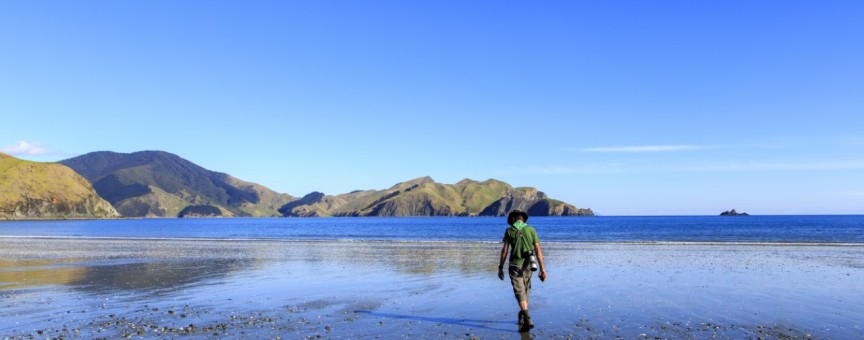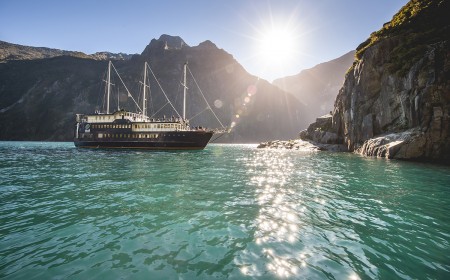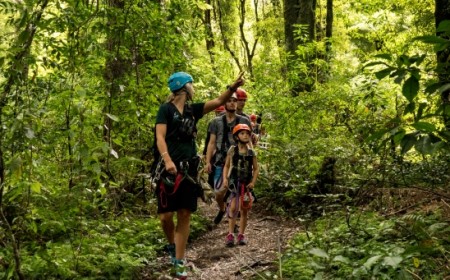Eco by name, eco by nature
Driftwood Eco-Tours proves to be eco by nature with multiple sustainability initiatives keeping the company true to its name.
The tour operation, which offers bespoke trips to special places in Marlborough, is managed by Rose and Will Parsons.
The sustainability-focused pair ask the communities they operate in how they can contribute meaningfully and respect their values. They consult with local Iwi to uphold their taonga tuku iho.
They support communities financially by sponsoring their projects. For each tour to the D'Urville Island, Driftwood Eco-Tours donates $300 towards the D’Urville Island Stoat Eradication Charitable Trust. For their Muzzle Tours located at the Clarence Reserve near Kaikoura they donate $1000 to the Kaikoura Agricultural and Pastoral Show to sponsor Billy Black Woolman. Billy entertains the public while teaching the values of merino wool.
"We are humbled to be able to help in this small way keep our rural communities vibrant," says Rose.
To reduce their carbon footprint the company plants one tree for every client taken on a tour. They have a planting project underway in collaboration with partners Opawa Wines, the Marlborough District Council and the Queen Elizabeth National Trust along the river margin which was affected by the November 2017 earthquake.
"We support the Government's Predator Free 2050 programme by trapping in our Queen Elizabeth Trust wetland of which we are the privileged custodians. Visitors are always welcome by prior arrangement."
Will mentors students from the local college about sustainability and wildlife. He has also given presentations to community groups about the wildlife of the Wairau Lagoon. Will is also on the steering committee of the Marlborough East Coast Protection Group and is involved in the line trapping for stoats. The MECPG is a community-led organisation fostering the coastline impacted by the November 14 earthquake which has resulted in increased vehicle access to the beaches.
"We have made regular annual plan submissions to council to raise awareness of the importance of the wetlands of the lower Wairau," says Will. "The council in conjunction with the Rangitane have created a new reserve and made the waste water wetlands of the lower Wairau accessible to the public by way of a public walking track. Interpretation panels have been erected which give information about the wildlife of the area."
The pair hold annual community river clean-up days, working with the local duck hunters and the climate change action group.
They recycle as much as possible and use cleaning products and toiletries which are kinder to nature, seeking ways to do things more efficiently every week.
Even the staff uniforms come from the socially and ethically responsible clothing company Kathmandu.



